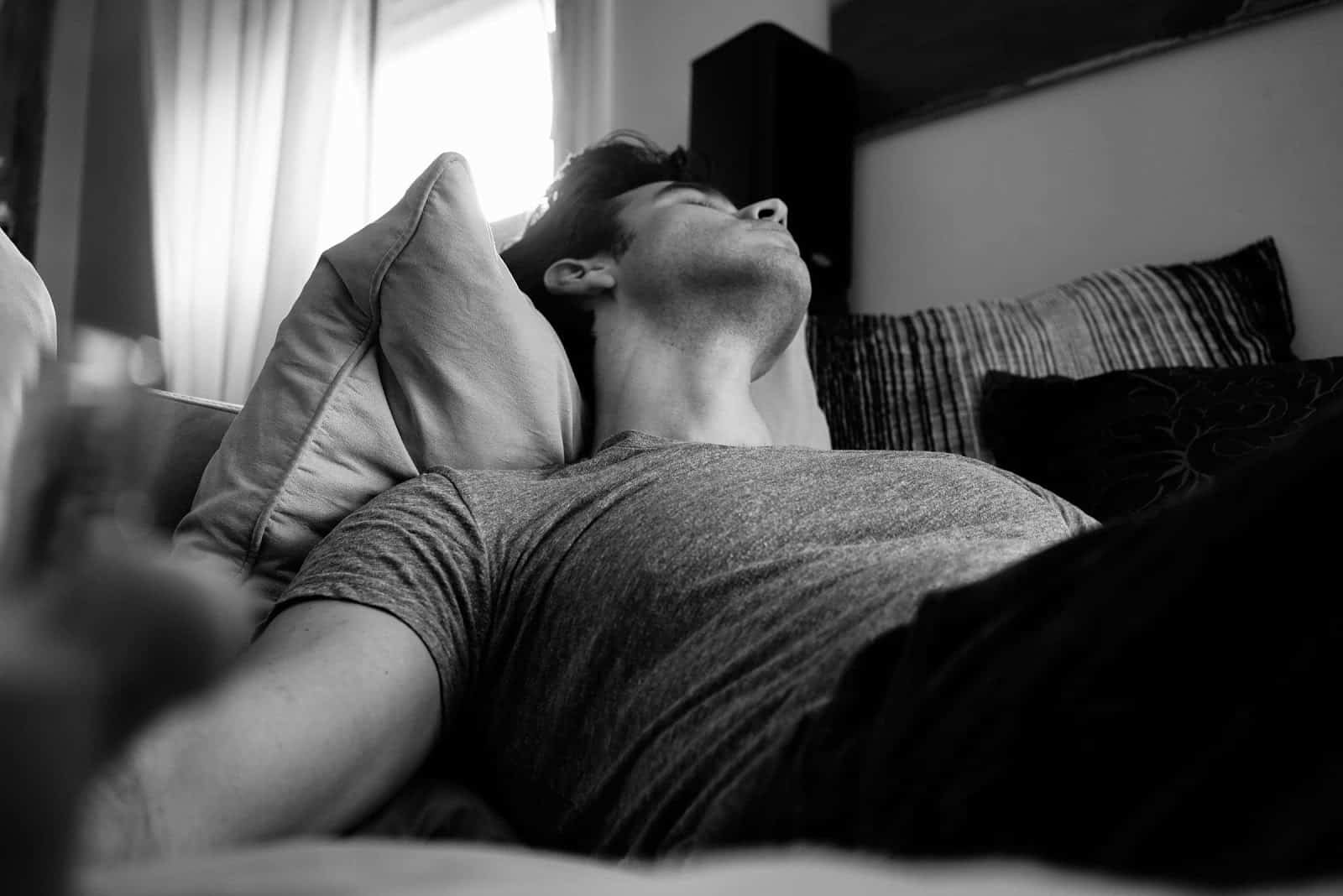
The importance of sleep health plays a huge role in your physical and mental health, as well as emotional well-being too. The downside to not achieving the correct quality and quantity of sleep can be a particularly difficult and disrupting factor in many veteran’s lives.
Studies have shown that veterans have to live up to increased difficulty as far as sleep and quality rest is concerned. Researchers found in one study, that more than 74% of veterans and current service members stated they have symptoms that correlate with insomnia.
A drop-off in sleep can lead to or add to a whole variety of health-related problems. High on the list is mental health problems such as depression and PTSD, which on serve to cause sleep problems to be heightened.
You can also find that less rest results in issues associated with metabolic and cardiovascular systems, disruption with your cognitive function, along with mental exertion in social/workplace environments.
How to Treat Sleep Issues as a Veteran
If you are enduring issues such as these, you obviously are not alone, and you’ll almost certainly want to seek out ways to overcome this. Below are some essential tips for veterans and current service members to achieve healthier sleep.
- Psychotherapy
Psychotherapy can be effectively utilised to overcome anxiousness or trauma that can be having a negative impact on your sleep and instead turn your nights into ones that are insomnia-free. The process will aid a change in thought process and behaviour to present a positive outcome.
While research still continues as far as how to optimally combine and/or sequence psychotherapy with CBT-I, there’s evidence that they can be used in tandem.
- CBT-I
Like the previous point mentions, both psychotherapy and CBT-I can be paired to treat barriers to sleep. If you have insomnia, Cognitive Behavioural Therapy for Insomnia (CBT-I) is a method proven effectual for many veterans and civilians alike.
CBT-I involves regular counselling sessions so that discussions about your sleep problems can take place. During the sessions, the outcome will be strategies for managing your obstructions to sound slumber.
This style of talk-focused therapy can explore the relationship between insomnia and a range of other mental health issues; PTSD, for example.
- Light Therapy
For veterans who live with problems connected to Circadian Rhythm Disorders, light therapy facilitates specialised lights so that professionals can help to address the misalignment of your Circadian Rhythm.
This may be especially important for veterans who are employed to do shift pattern work or who were involved in roles that required them to do work at night while in the forces.
- Relaxation Therapy
Because feeling anxious and/or have heightened alertness in the run-up to bedtime, they can both be obstacles to falling asleep. This is where relaxation therapy steps in to assist a person to establish a sense of calm at this time.
This approach requires some regular practice, but the outcome can help you to find quality slumber when you do get into bed and/or get back to bed if you happen to wake up in the middle of the night.
- Sleep Hygiene Advances
Sleep hygiene might not be what you are thinking it is. It’s actually a broad term used to explain the environment in which you sleep along with the habits that surround your sleep. By having quality sleep hygiene on your side, this will involve you finding it easier and more natural to find comfortable and drift off.
You need to ensure that your bedroom has the right type of comfortable mattress and pillows to suit your sleep style. What’s more, you must restrict noise as best as possible, while having the same considerations for limiting light too.
You can achieve this by removing technology, such as smart devices and any other screens from the bedroom, and then installing blackout curtains or using an eye mask to create the darkness needed.
Thirdly, a steady room temperature of 60-67 degrees Fahrenheit will help to support optimal sleep.
Finally, to obtain a full sense of what sleep hygiene can do to help, you must assess and adjust your routine in the lead-up to going to sleep. Focus on a consistent routine, because as humans, we instinctively crave this (this includes the same wake-up time).
Even small things like brushing your teeth, and dimming the lights each evening prior to getting in bed can help you to prepare your mind and body for sleep.
Avoiding things such as alcohol, caffeine and rich or spicy food in the run-up to bedtime is also an important aspect.
- See a Doctor
Our final piece of advice would be to seek the advice of a doctor. While many veterans obtain care in community medical settings that exist outside of the VA system, these medical professionals may not know of your military history, and as such, may not inquire about problems such as PTSD or sleep-associated issues.
Therefore, if you feel concerns as far as insomnia and/or PTSD is concerned, it’s important to raise these topics with a doctor. This can be the biggest and most useful step in bringing healthy sleep back into your life and for the future too.
ATTENTION READERS
We See The World From All Sides and Want YOU To Be Fully InformedIn fact, intentional disinformation is a disgraceful scourge in media today. So to assuage any possible errant incorrect information posted herein, we strongly encourage you to seek corroboration from other non-VT sources before forming an educated opinion.
About VT - Policies & Disclosures - Comment Policy



